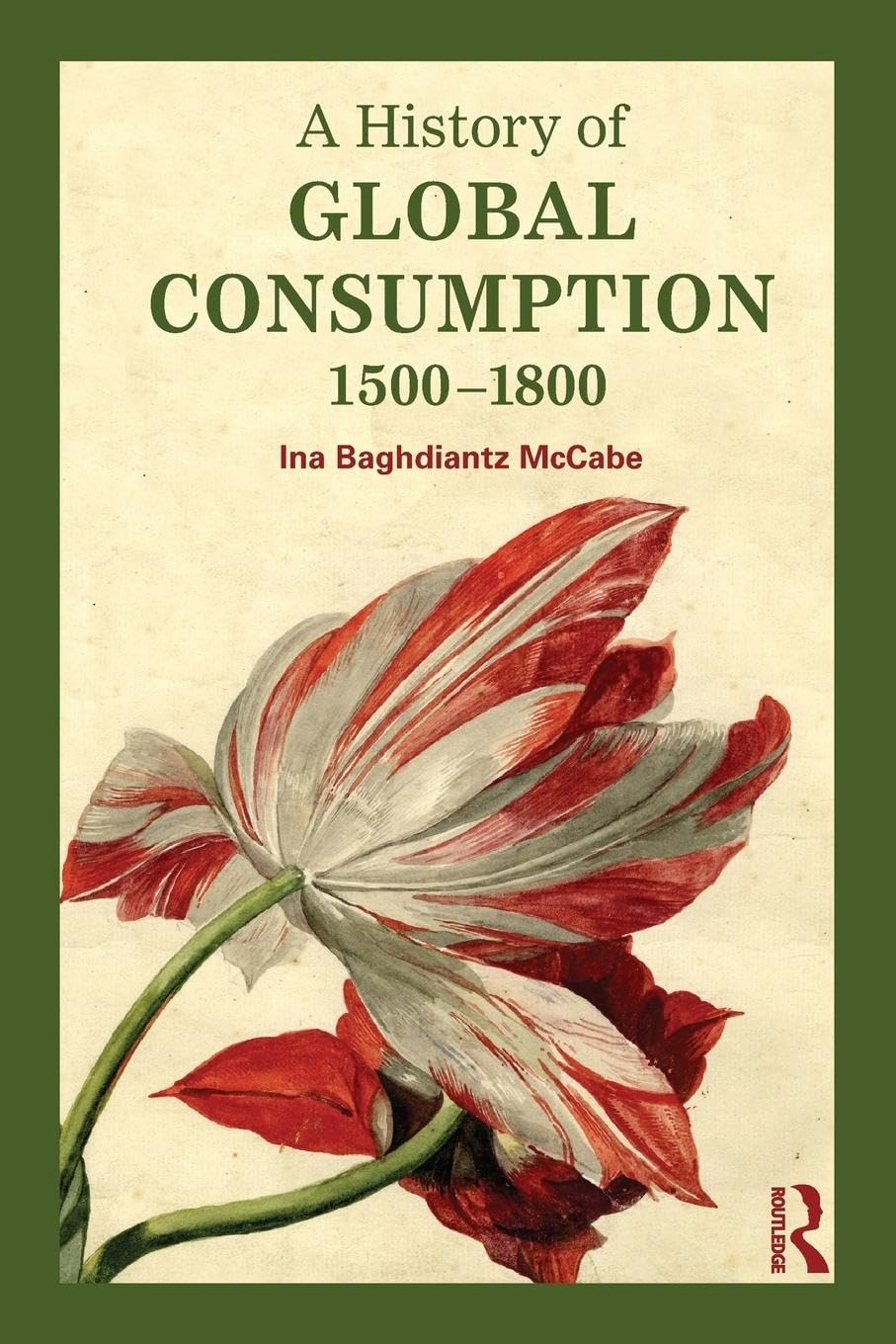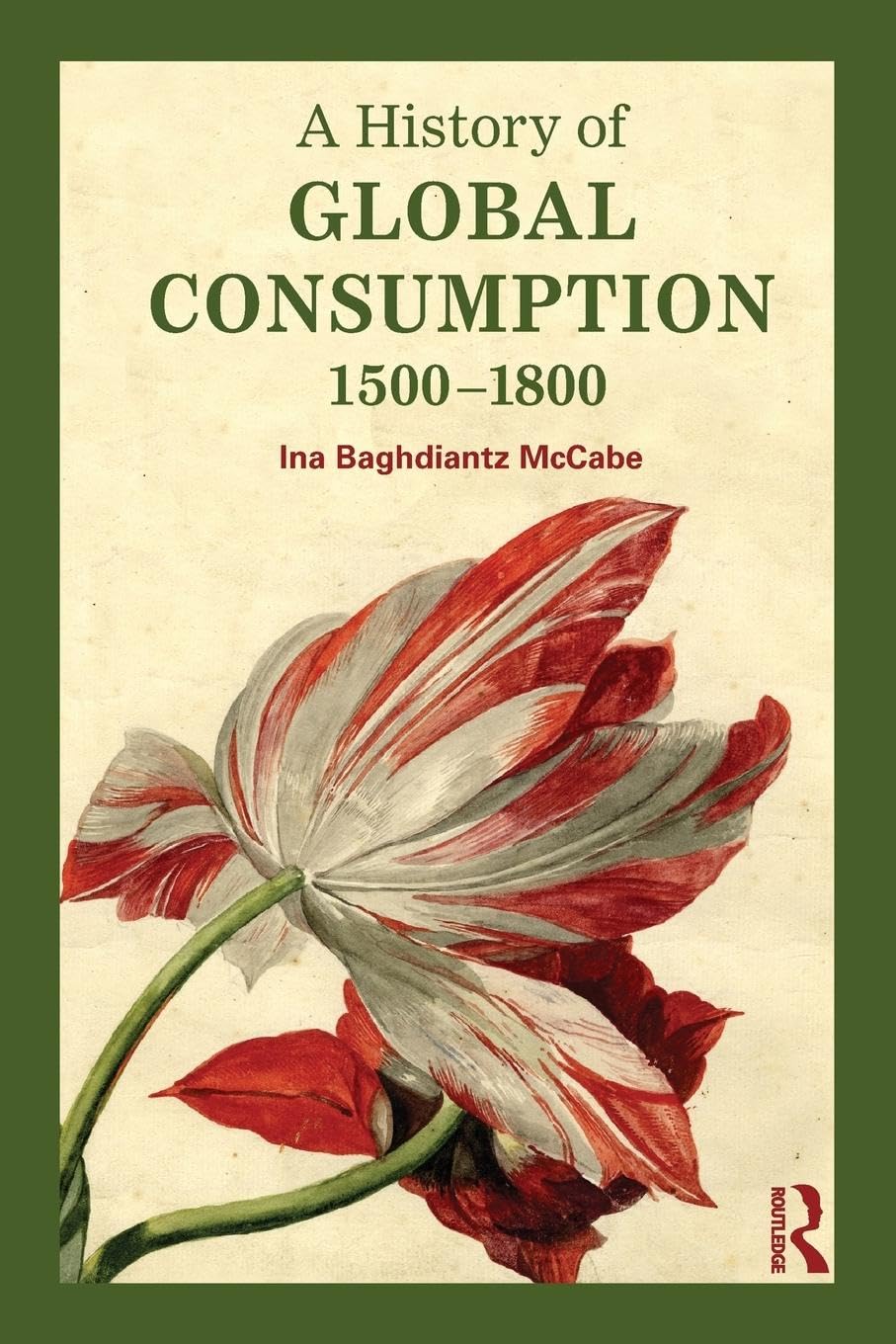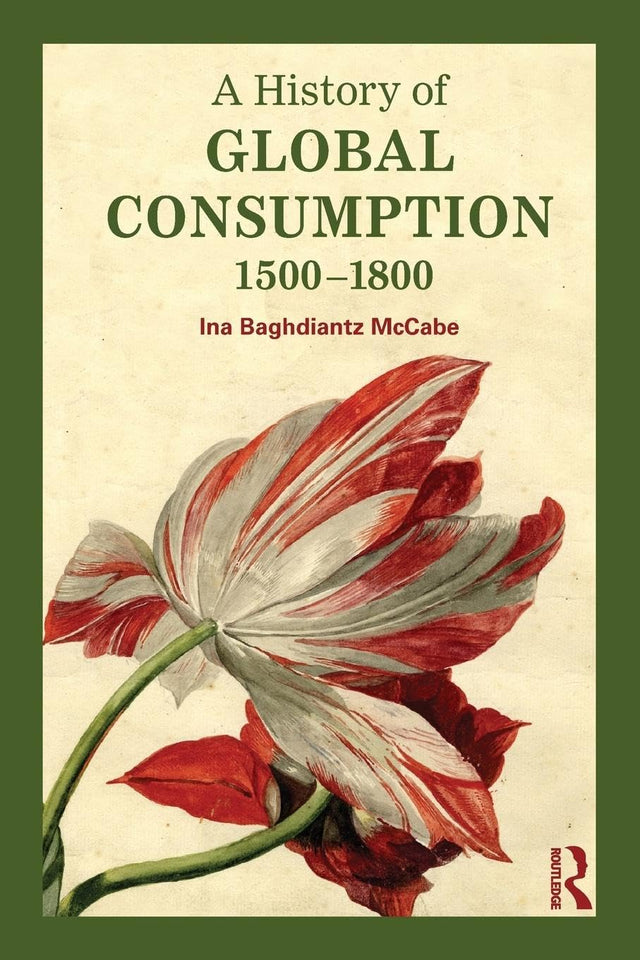A History of Global Consumption: 1500 - 1800
A History of Global Consumption: 1500 - 1800 is backordered and will ship as soon as it is back in stock.
Couldn't load pickup availability
Genuine Products Guarantee
Genuine Products Guarantee
We guarantee 100% genuine products, and if proven otherwise, we will compensate you with 10 times the product's cost.
Delivery and Shipping
Delivery and Shipping
Products are generally ready for dispatch within 1 day and typically reach you in 3 to 5 days.
Book Details
• Author: Baghdiantz McCabe, Ina
• Brand: Taylor & Francis Ltd
• Edition: 1
• Binding: Paperback
• Format: Illustrated
• Number of Pages: 312
• Release Date: 19-08-2014
• EAN: 9780415507929
• Languages: English
• Package Dimensions: 8.3 x 5.3 x 0.7 inches
Product Description
In A History of Global Consumption: 1500 – 1800, Ina Baghdiantz McCabe explores the history of consumption during the early modern period, blending chronological and thematic discussions. The book examines how consumption evolved from the rise of the collector in Renaissance Europe to the use of consumption as a political tool in the eighteenth century. With detailed illustrations in every chapter, it covers topics such as the success of American commodities like tobacco, sugar, and chocolate in Europe and Asia, and the Dutch tulip mania. The book is an essential guide for students interested in the social, cultural, and economic history of the early modern period.
Review
"Baghdiantz McCabe’s work advances a nuanced and incredibly important argument about how consumption structured a new cultural power dynamic, by bringing it into dialogue with the booming field of world history. This is a book, and an argument, with real importance for the intersections of culture, power, and global commerce in our own time, and should be of great use to introductory, intermediate, and advanced undergraduates." – Dr. Eli Rubin, Western Michigan University, USA
"Approaching her subject through a clear chronological framework, Baghdiantz McCabe shows that consumption was not merely a dependent variable in broader evolution, but in some significant instances, an independent variable capable of powering its own significant social and economic consequences." – J. Murdock, University of Missouri–Columbia, USA in CHOICE





